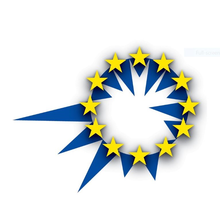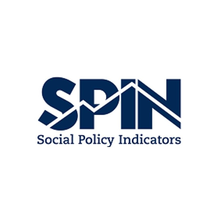Search by category
Platforms
Platforms dealing with the topics as working and living conditions, poverty and vulnerability offer valuable data to the scientific community in order to facilitate and promote research and organise knowledge exchange across a range of geocultural settings. Within the InGRID research infrastructure, multiple platforms are developed, supported or maintained.
AMELIA
AMELIA is a synthetic dataset that enables comparative and reproducible research in the light of sampling design based simulations. The purpose behind it is comparison and evaluation of new and improved sampling designs, different estimators, and/or their variance estimators.
visit AMELIA
EUROMOD
EUROMOD is a static microsimulation model and software platform. It applies user-defined tax and benefit policy rules to specially prepared micro-data on individuals and households, calculates the effects of these rules on household income, and then outputs results – still at the micro level. It can be linked to, or used alongside, other types of model (behavioural, macro-economic or environmental) as a tax-benefit policy calculator or to provide a distributional perspective. The EUROMOD platform is used for a number of tax-benefit models, including the EU27 model, and UKMOD.
Visit EUROMOD
IPOLIS
IPOLIS is an abbreviation for Integrated Poverty and Living Conditions Indicator System. IPOLIS is a platform to improve infrastructure for monitoring, analysing and evaluating the situation of the most vulnerable groups in Europe. IPOLIS is set up within the frame of the InGRID project, funded under the 7th Framework Programme of the European Commission. IPOLIS covers six quality of life (QoL) domains. IPOLIS is conceived to serve as a resource for various user groups (researchers, policy makers at different levels, NGO experts, journalists, students and anyone else interested)
Visit IPOLIS
IPUMS
IPUMS provides census and survey data from around the world integrated across time and space. IPUMS integration and documentation makes it easy to study change, conduct comparative research, merge information across data types, and analyze individuals within family and community context. IEPM is the Integrated European Population Microdata bundling the data from official statistical agencies from a large number of European countries in specific. Data and services available free of charge.
visit ipums
SPIN
The Social Policy Indicators (SPIN) database provides the foundations for new comparative and longitudinal research on causes and consequences of welfare states. Building on T.H. Marshall’s ideas about social citizenship, SPIN makes available comparative data on social rights and duties of citizens, thereby moving research beyond analyses of welfare state expenditures. The SPIN database is instead oriented towards analyses of institutions as manifested in social policy legislation.
visit spin